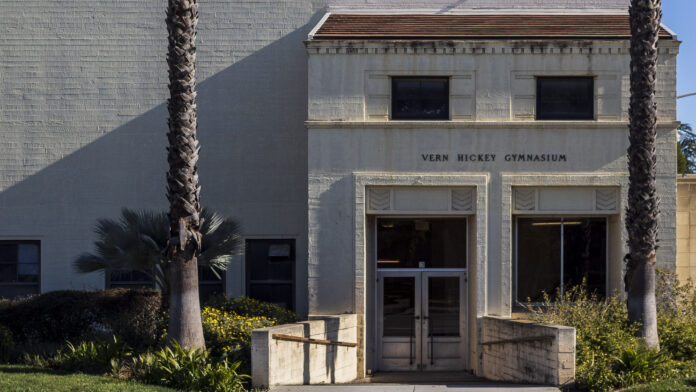Decision follows NCAA adjustments of eligibility rules
On March 30, the National Collegiate Athletic Association released a statement that it would allow schools to offer an extension of eligibility to spring sport athletes for an additional season of competition. The decision follows the historic cancellation of the spring sport season due to concerns about the spread of COVID-19. The decision especially devastated seniors playing these sports, who were only able to compete for a short portion of the season before it was cancelled, effectively ending their collegiate careers.
Acknowledging this, the NCAA’s Division I Council voted to allow schools to bring spring athletes back for an additional season, but this does not require schools to offer athletes the same level of financial aid they received in previous years. Winter sport student athletes are not eligible for this extension, as those athletes would have competed in most, if not all, of their season, according to the council’s statement.
The decision to not offer eligibility to winter sport athletes whose seasons may have been affected has been met with backlash. A statement put out by a group of 60 NCAA Student Athlete Advisory Committee members urged the NCAA to grant winter sport student athletes, who had not been able to complete for the entirety of their seasons, an extra year of eligibility. This was among other recommendations to mandate scholarship renewal and to provide immediate support for housing and food for all student-athletes.
Following discussions between administrators, coaches and athletes, UC Davis athletics has decided to offer spring-sport student athletes the option of returning for another season.
“The way that UC Davis is going to proceed is that the student athletes who wish to return may do so at the discretion of their coach,” said UC Davis Director of Athletics Kevin Blue. “They may return at the discretion of their coach and they may be put on scholarship as long as the scholarship that they will be receiving for their additional year of eligibility fits within existing scholarship budgets.”
In an “Aggie Overtime” interview for the UC Davis Aggies YouTube channel, Blue mentioned that while UC Davis has decided to follow these guidelines, the Athletics Department is still working through the specifics of what that decision will entail. The department will likely continue to develop these policies through the next few weeks as students begin to make decisions about next year.
In the meantime, the department must also decide how to make up for lost revenue that resulted from cutting the spring season short. In particular, the cancellation of the NCAA basketball tournament means a loss of a significant revenue source that UC Davis Athletics relies on each year.
“We are continuing to fundraise through the end of the fiscal year as best we can,” Blue said. “But we’re also sensitive about the current realities going on right now and are modest in our expectations with regard to how much fundraising success we’re going to have compared to what we would have in a normal year. I think it’s important to note that everyone associated with UC Davis athletics has an appropriate perspective, [in] understanding that the circumstances going on in the world related to the pandemic are much more important than our challenges, as significant as our challenges might be for us.”
In addition to fundraising, ticket sales for the fall sports season — including season passes for the football games — are still ongoing, though the department is sensitive to the fact that the fall season may also be affected. Depending on how the virus progresses, the fall sports season may be affected or even cancelled, but the athletics department is preparing for all possible situations.
“We’re thinking through various scenarios and modelling through various scenarios,” said Blue in the YouTube interview. “We are considering various permutations on the matter for how football may proceed this fall. It’s still too early to know anything for sure, but there is a reasonable likelihood that the football season may be affected in some way, and we are trying our best to be proactive and prepared for all those scenarios.”
Despite this, the department plans to keep the team budgets for scholarships next year the same. This means that senior student athletes who elect to return next year will only be given scholarships at levels that will fit within the current budgets — budgets that would also include the incoming freshmen. This decision is something that will ultimately be made at the discretion of the respective coaches.
While many colleges across the country have decided to work within these new guidelines, one notable exception is colleges within the Ivy League. As of April 2, the Ivy League announced that it would not be offering spring sport athletes an extra year of eligibility and would instead follow its existing eligibility rules, which state that sports opportunities are only for undergraduates.
Regardless of each college or conference’s individual decisions, the coming months will likely see athletic departments across the country working with athletes, public health officials and the NCAA to make the difficult decisions regarding bringing athletes back as well as moving forward with the fall season.
Written by: Priya Reddy — sports@theaggie.org










